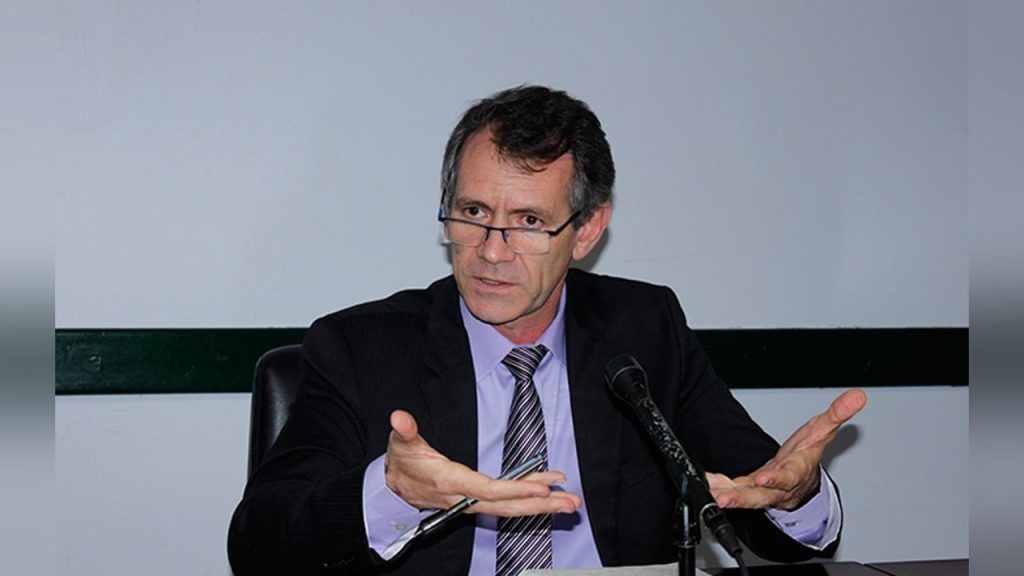
The World Bank has approved a $100 million loan to assist the government of Eswatini in improving cash flow and ending the chronic issue of delayed payments to suppliers.
This was revealed by the Minister of Finance, Neal Rijkenberg, during a recent Finance in Focus programme.
“Since taking office in 2018, the Ministry has worked to reduce arrears from higher levels of about E6 billion in 2018 down to around E2 billion, with recent figures suggesting they stand at approximately E1.5 billion. However, the challenge persists. There is an urgent need to resolve persistent government arrears, which have plagued supplier relationships and created a damaging cycle of delayed payments,” the Minister stated.
He emphasised that the loan is not meant for consumption but is instead aimed at restoring healthy cash flow management.
“This is about restoring cash flow and stopping the unhealthy situation where the government effectively borrows from suppliers by delaying payments, resulting in a poor economy,” he said.
The concessional loan, finalised on April 29, 2025, follows extensive negotiations and the successful fulfilment of nine rigorous prior actions set by the World Bank. Rijkenberg noted that concessional loans are more affordable than other forms of borrowing, making them ideal for supporting fiscal reforms.
In addition to the World Bank funding, the African Development Bank (AfDB) is expected to approve a further $45 million loan.
The government has also approached the OPEC Fund for International Development for an additional $50 million. Combined, these efforts could inject over E3 billion into the country’s finances, significantly improving fiscal stability.
With this support, the government aims to clear outstanding arrears, speed up payment timelines, and build a sustainable, healthier cash flow environment.
“The goal is to reach a point where government is consistently paying suppliers on time, thereby enabling a more functional procurement system and strengthening public trust,” Rijkenberg concluded.
